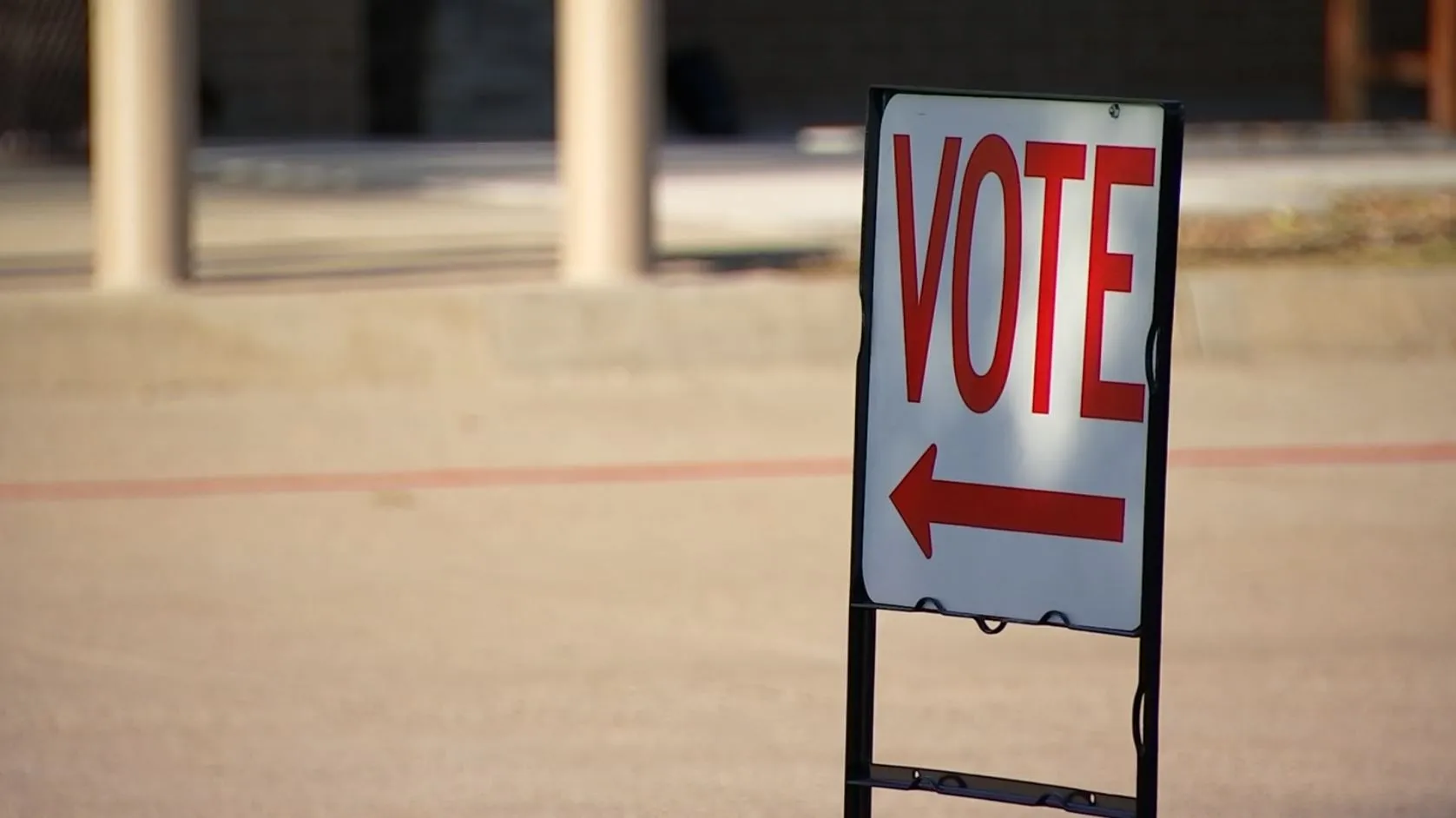Just hours after Democrats won major victories across Illinois in Tuesday’s midterm elections, House Republican Leader Jim Durkin announced he would not seek another term as minority leader. Speaking out about his decision on Thursday, Durkin said he made a commitment to himself after the June primary that he would stay on as long as the GOP won enough seats.
“I wanted to get out of the superminority,” Durkin said. “I didn’t meet the goals that I had placed for myself and in this business you’re judged on how many seats you win.”
Democrats maintained supermajorities in both chambers of the Illinois legislature Tuesday night, even after some predicted a so-called “red wave.”
“It’s time for a new set of eyes, some new blood to take over the House Republican caucus,” he said.
Falling short of that goal, Durkin was candid about his hope that the Illinois GOP and its base will see the losses up and down the ballot as an opportunity for a reckoning.
“The party needs to hit the reset button and realize what happened again on Tuesday, that we cannot allow the far right fringe to control the party,” Durkin said. “If they continue, we will suffer losses at the same level we did this cycle, last cycle.”
Durkin says those losses can be traced in large part to one person: former President Donald Trump.
Local
“The Trump factor went too far and I believe that that was what interrupted part of this red wave, what we’re seeing play out with him and his antics - nothing’s changed,” Durkin said. “He wants to run for president again, he hasn’t accepted the loss from a couple of years ago, January 6th hearings - none of that has helped our brand.”
In the Republican primary for governor, Durkin backed Aurora Mayor Richard Irvin, who branded himself as a more moderate candidate than state Sen. Darren Bailey. Bailey beat Irvin by 42 points to win the nomination in June – but ultimately lost to incumbent Democratic Gov. J.B. Pritzker by 10 points on Tuesday night.
Feeling out of the loop? We'll catch you up on the Chicago news you need to know. Sign up for the weekly Chicago Catch-Up newsletter.
“Look, there's people who are going to be in denial,” Durkin said. “They're going to say that Tuesday was a moral victory for Darren Bailey and for the conservative movement. They lost. We lost.”
Now after spending more than 20 years in the House, nine of them as GOP leader, Durkin said it’s time for both a change at the top – and in the outlook of the party’s voters.
“My hope is that Republican voters will all of a sudden realize that what we have been doing over the past decade has translated into - there's been no success,” Durkin said.
“The party can’t go further to the right – it can’t become Trumpier. Understand, this is the state of Illinois, it’s a blue state, it’s a Democrat state,” he added. “This is Illinois, and the votes that are cast are above I-80, in the collars and the suburbs and the city of Chicago - that is what makes a difference for a Republican running statewide.”
Durkin said he’s been labeled a “RINO,” or a “Republican In Name Only,” for his votes on things like the Equal Rights Amendment or in support of an assault weapons ban. But he said he’s proud of those votes and the criticism he’s faced over them, advising the party to encourage lawmakers to vote independently and in the best interests of their own districts.
“Independents are growing by leaps and bounds. They want to see fiscal responsibility from lawmakers in Springfield. But they don't want to see an extreme attitude, right or left, but when you have Trump still in the picture, voters are associating Republicans with Trump and the far right fringe members of the party, and that doesn't help,” Durkin said.
He estimated about 50 to 60% of Republican lawmakers in both chambers of the legislature are Trump loyalists – but said he saw opportunities for growth if the party can find the political will to evolve.
“We need to move on. We need to move on from Donald Trump. We need to make a clean break. Hit the reset button. Understand how we got here. And please do more to understand that this big state, this is a Democrat state, but it's a state that's dying for competition, a state that's dying for an alternative voice that is reasonable, an alternative voice that is moderate from the status quo that the Democrats have,” Durkin said.
“Until we realize that this is a game of addition and not subtraction we are going to continue to be on a downward spiral,” he added.



